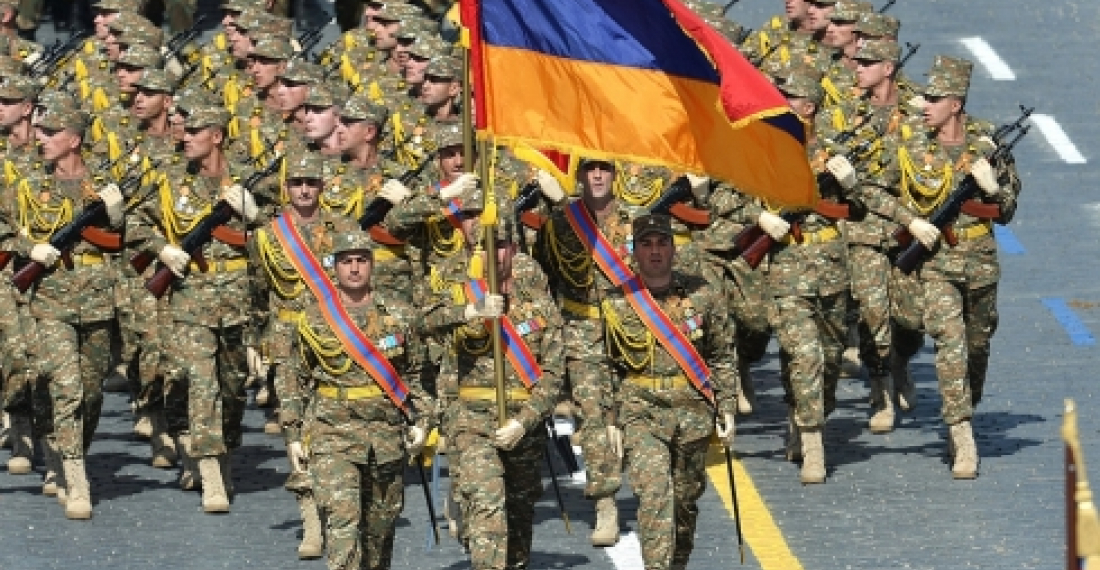Armenians have a higher level of trust in the army and want more weaponry to be deployed in Nagorno-Karabakh, according to a new Gallup poll.
Almost three quarters of Armenians believe war to be the most significant issue threatening the country, while almost half think the fierce fighting in April was “conditioned and ordered by external powers,” with Turkey seen as most to blame.
There were also high levels of confidence in the army’s abilities to fare well in another conflict. However a very large majority – 86.4% - said new weaponry must be bought. Both Armenia and Azerbaijan are very heavily militarized, after two decades of stalemate along the Line of Contact.
Large proportions of Armenians also thought corruption in the army was a major problem, and that the ‘readiness’ of soldiers and officers must be improved. Dozens of Armenian and Azerbaijani soldiers and civilians died following four days of fierce fighting in early April.
The poll was conducted in mid-May and had over 1,000 participants, Mediamax reported.
SOURCE: commonspace.eu and agencies
PHOTO: Armenian troops







